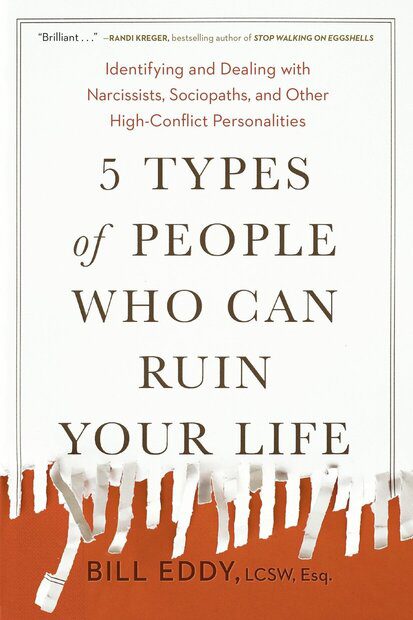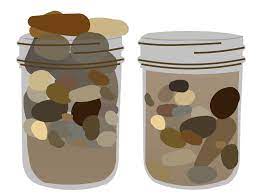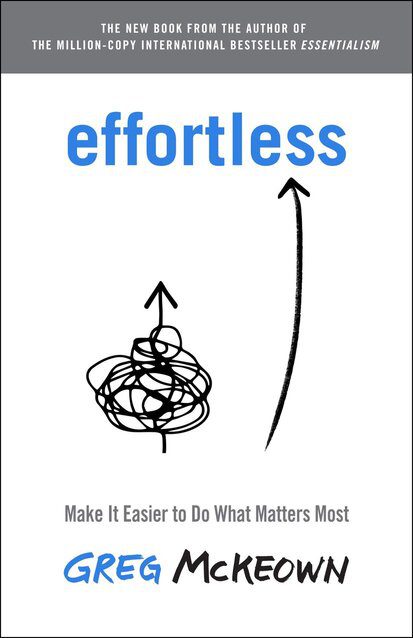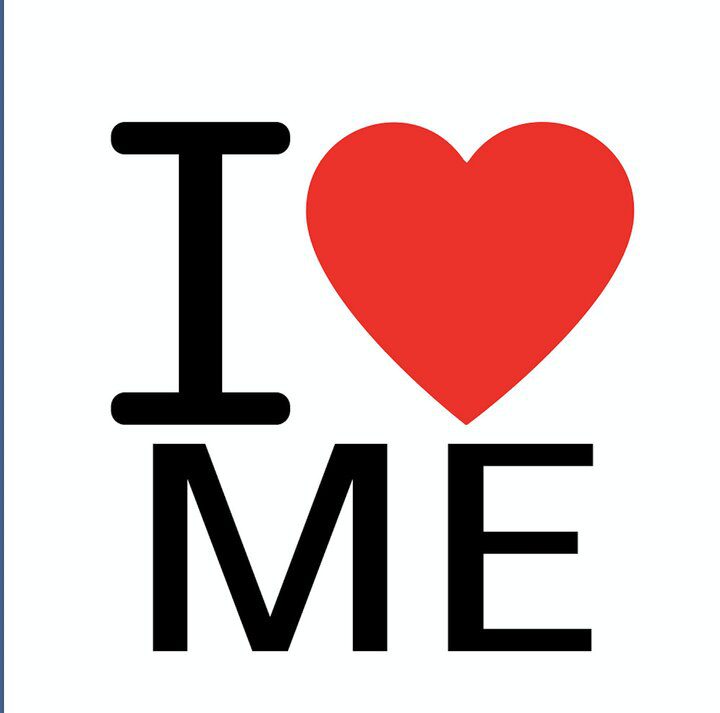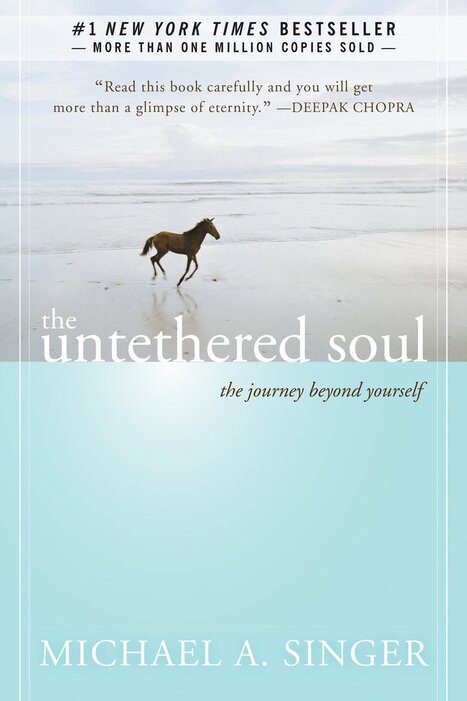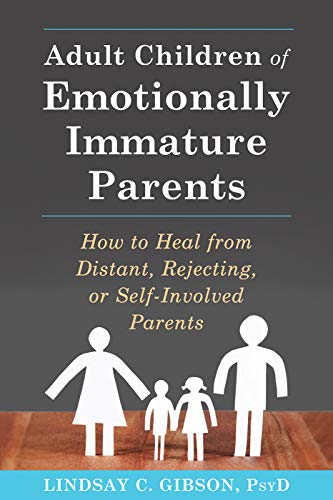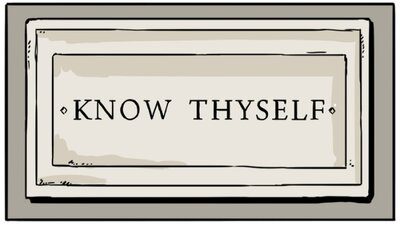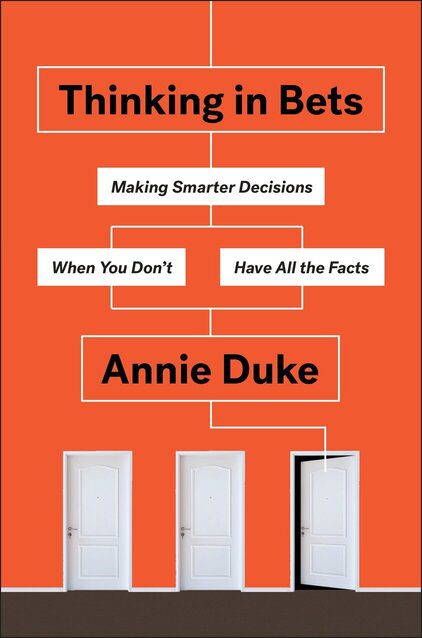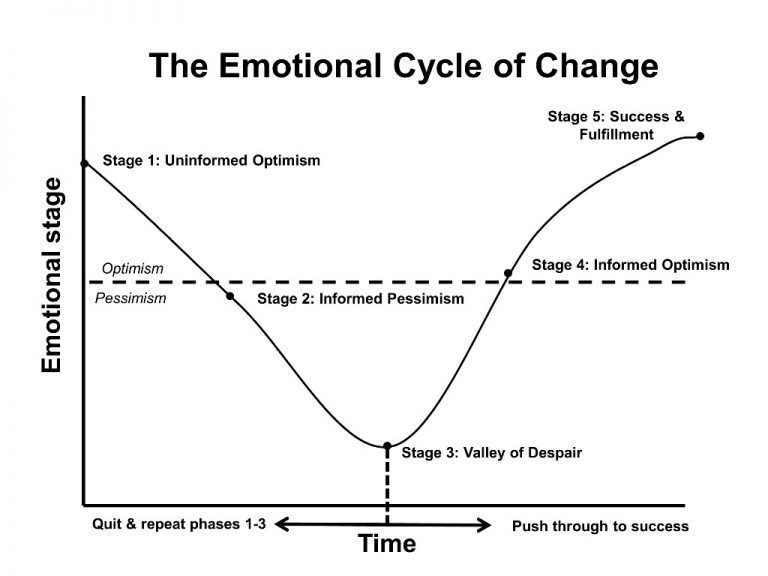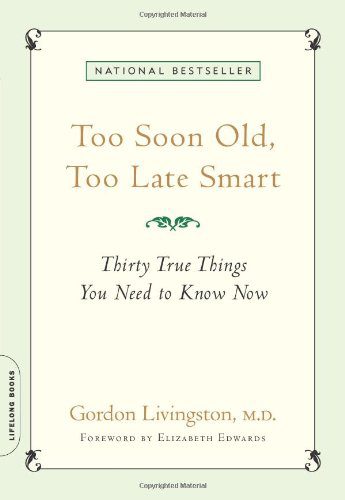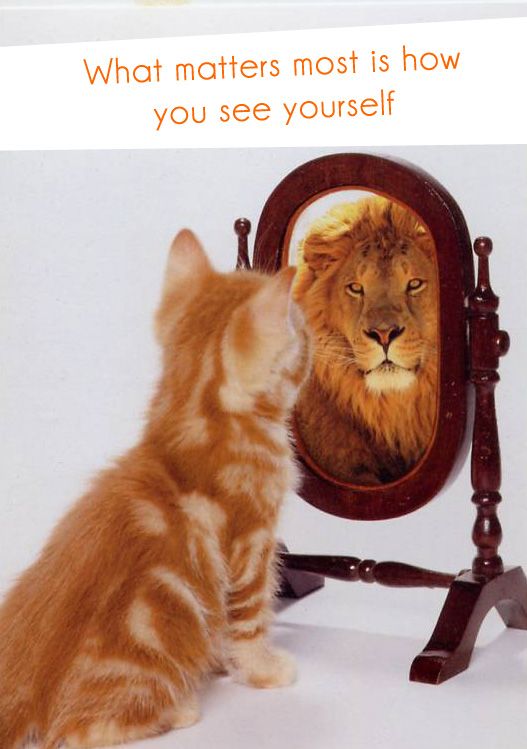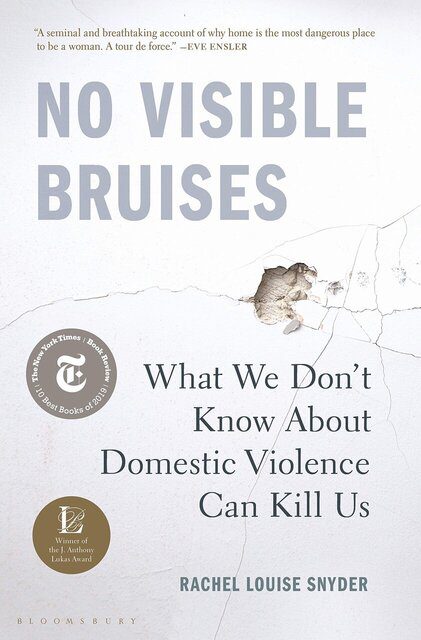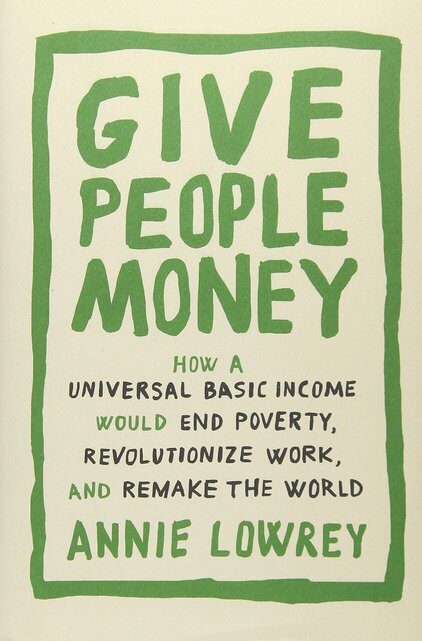Title: 5 Types of People Who Can Ruin Your Life: Identifying and Dealing with Narcissists, Sociopaths, and Other High-Conflict Personalities
Author
Bill Eddy is a psychotherapist, lawyer, mediator, and the co-founder and president of High Conflict Institute (HCI) in San Diego. Bill has been studying high-conflict personalities from many perspectives for the past thirty years.
The Theme
Learning to recognize warning signs that most people ignore or don’t see—and then overriding your natural responses with actions based on your newfound wisdom about High-Conflict Personality (HCPs).
Never tell someone they are a high-conflict person, or that they have a personality disorder, no matter how obvious this may seem. They will see this as a life-threatening attack—and a valid reason to make you their central Target of Blame, perhaps for years to come. From their viewpoint, it will be as if you’d said, “Please do everything you can to ruin my life.
“For the same reason, never use your belief that someone is an HCP as a weapon against them.”
